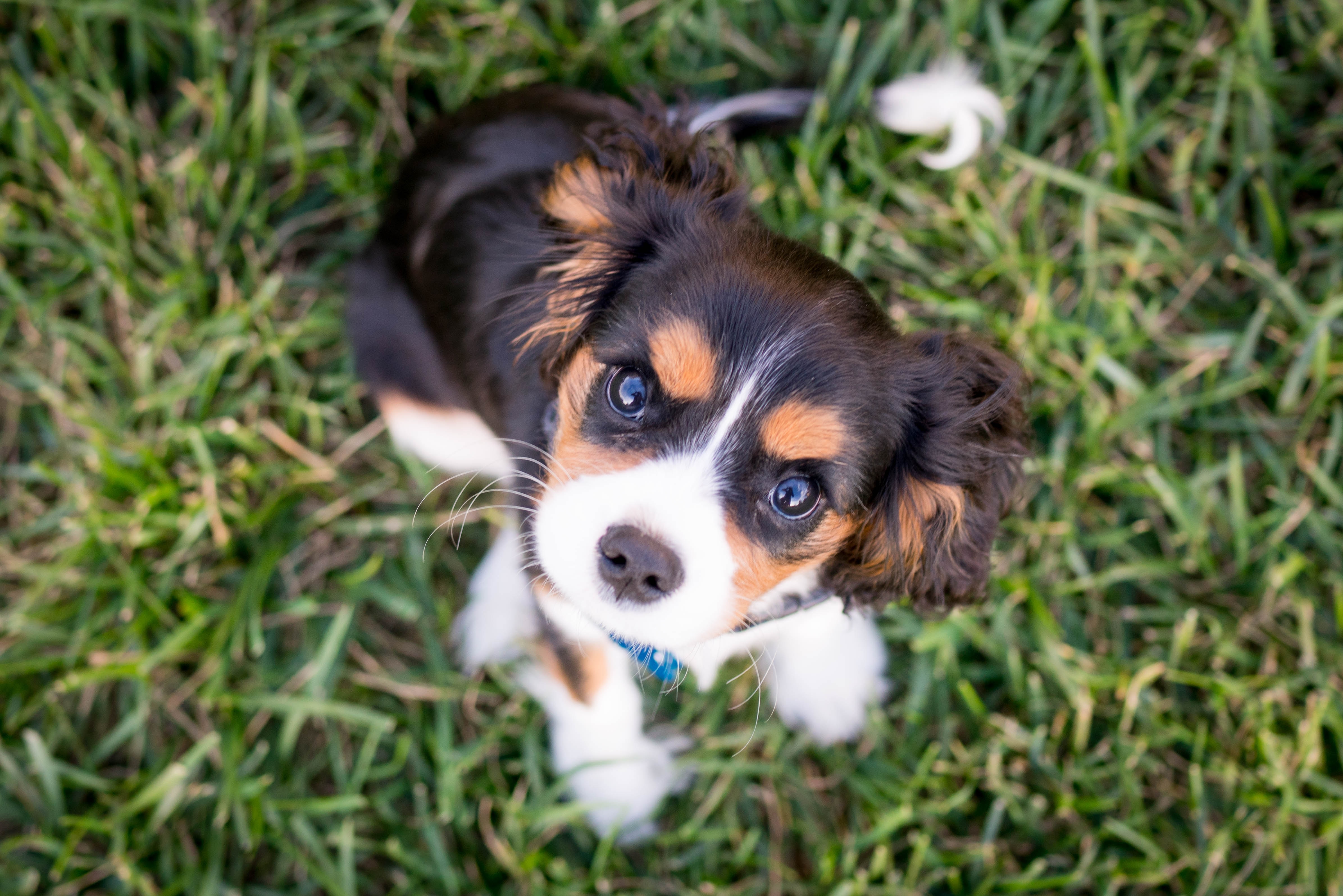Introduction

Bringing a new puppy home is an exciting and joyful experience. However, it can also be overwhelming if you’re unsure where to start. In this article, we’ll provide a step-by-step guide on welcoming your new furry friend and ensuring a smooth transition for both of you. We’ve covered you, from essential preparations to training tips and common challenges.
Preparing for Your New Arrival
Before your puppy’s grand entrance, making the necessary preparations is crucial. Here’s what you need to do:
- Creating a Safe Space: Designate a cozy and secure area in your home where your puppy can relax, sleep, and feel at ease.
- Puppy-Proofing: Ensure your living space is free from hazards such as loose wires, toxic plants, and small objects your curious pup could swallow.
- Gathering Essential Supplies: Stock up on puppy essentials, including food and water bowls, a comfortable bed, chew toys, and a leash.
Establishing a Routine
A well-structured routine is essential for your puppy’s development and behavior. Follow these steps to establish a healthy daily routine:
- Feeding Schedule: Provide your puppy with a balanced diet following a consistent feeding schedule. Consult your veterinarian for guidance on the appropriate type and amount of food.
- Potty Training: Establish a routine for regular bathroom breaks and reward your puppy for successful potty trips outside. Consistency and positive reinforcement are key.
- Exercise and Playtime: Puppies have lots of energy to burn. Engage them in regular play sessions and provide opportunities for physical exercise to keep them happy and healthy.
Basic Training and Socialization
Training your puppy is crucial for their development and building a strong bond. Here’s how you can get started:
- Obedience Training: Teach basic commands like “sit,” “stay,” and “come” using positive reinforcement techniques. Consider enrolling in a puppy training class for professional guidance.
- Socialization: Introduce your puppy to various people, animals, and environments from an early age. This exposure helps them develop good manners and become well-adjusted adult dogs.
- Crate Training: Introduce your puppy to a crate as a safe and comfortable den-like space. Gradually increase their duration in the crate, making it a positive experience.
Common Challenges and Troubleshooting
Raising a puppy comes with its fair share of challenges. Here are some common issues you may encounter and how to address them:
- Chewing: Puppies explore the world with their mouths, which can result in chewing on furniture or shoes. Provide appropriate chew toys and redirect their attention when you catch them chewing on forbidden objects.
- Biting and Nipping: Puppies undergo a teething phase and may nip or bite during play. Teach them to bite inhibition by offering appropriate toys and discouraging rough play.
- Excessive Barking: Excessive barking can be a nuisance. Identify the triggers and address the underlying cause. Distraction, training, and a calm environment can help reduce excessive barking.
Frequently Asked Questions
- Q: How often should I feed my puppy?
- A: Puppies generally require three to four small meals daily, gradually transitioning to fewer meals as they grow.
- Q: How can I prevent separation anxiety in my puppy?
- A: Gradually accustom your puppy to being alone; start with short periods and gradually increase the duration. Provide engaging toys and create a comfortable environment.
- Q: What vaccinations does my puppy need?
- A: Consult your veterinarian for a vaccination schedule tailored to your puppy’s needs. Core vaccinations typically include distemper, parvovirus, and rabies.
- Q: How do I introduce my puppy to other pets?
- A: Introduce them gradually in a controlled environment, allowing them to sniff and observe each other. Reward positive interactions and provide separate spaces when needed.
- Q: When should I start training my puppy?
- A: Start training as early as possible, ideally around 8 to 12 weeks of age. Puppies are highly receptive to learning during this period.